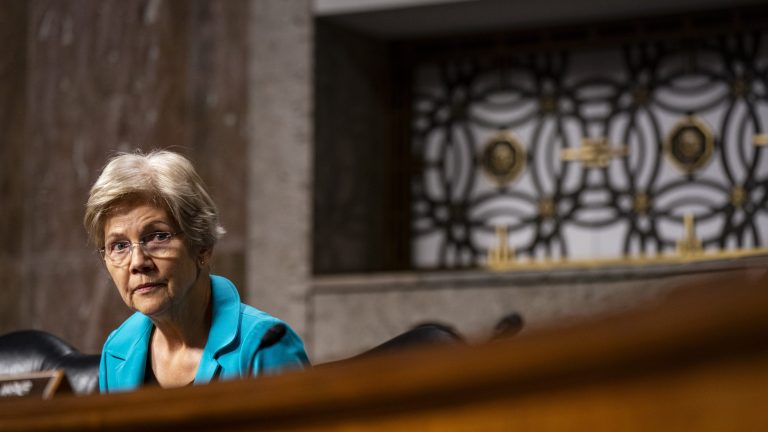The Supreme Court on Monday agreed to decide whether law enforcement authorities, armed with a valid search warrant from a federal judge, can demand that the US tech sector hand over data that is stored on overseas servers. In this case, which is now one of the biggest privacy cases on the high court's docket, the justices will review a lower court's ruling that US warrants don't apply to data housed on foreign servers, in this instance, a Microsoft server in Ireland.
The US government appealed, contending it has the legal right, with a valid court warrant, to reach into the world's servers with the assistance of the tech sector, no matter where the data is stored.
The case has huge foreign policy ramifications as well. Federal authorities sometimes demand that the US tech sector comply with court orders that conflict with laws of countries where the data is housed.
The dispute the Supreme Court chose to consider centers on the US government having obtained a valid warrant for e-mail messages as part of a drug investigation. Microsoft challenged the warrant and convinced a federal appeals court that US law does not apply to foreign data.




 Loading comments...
Loading comments...
